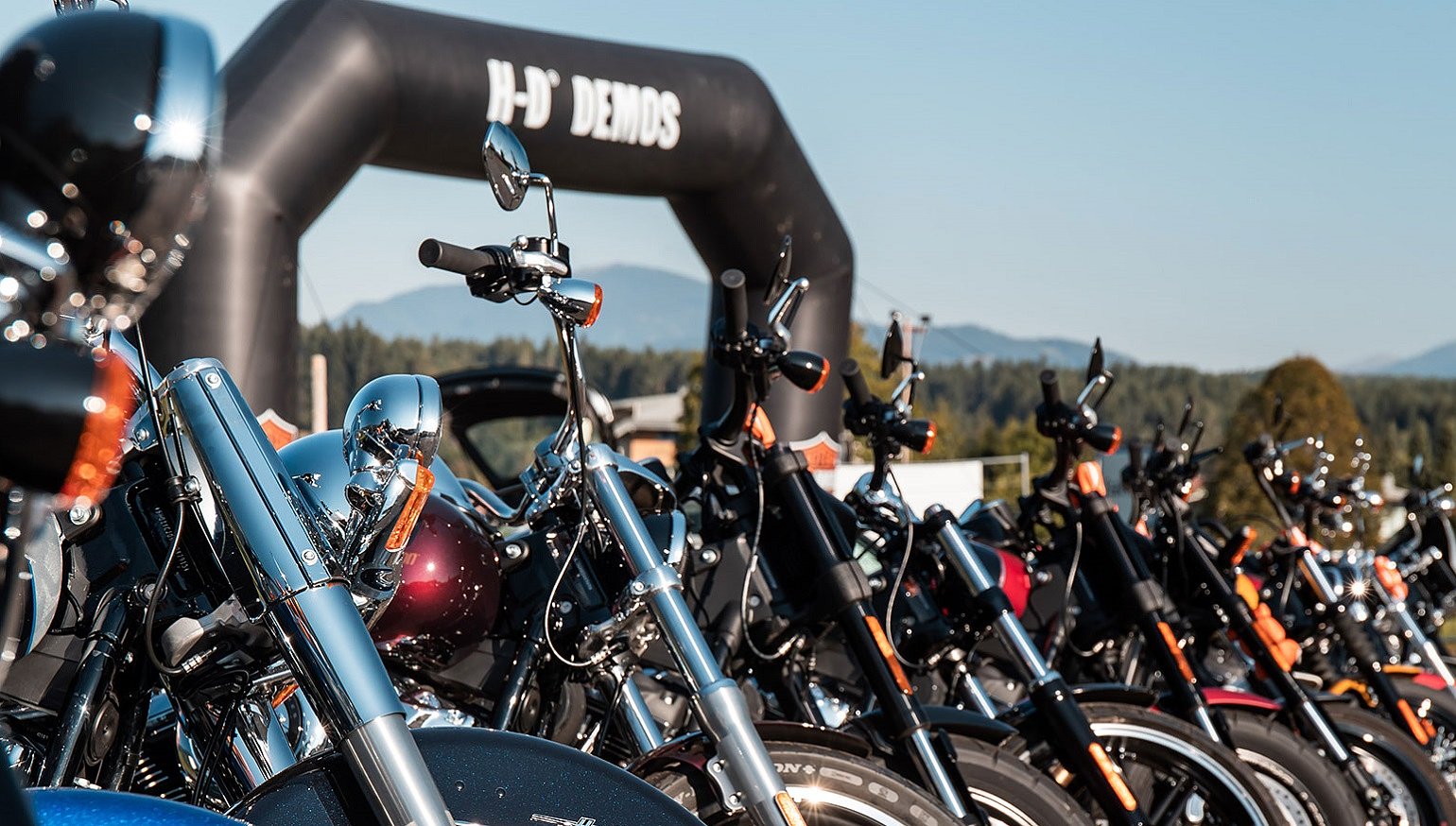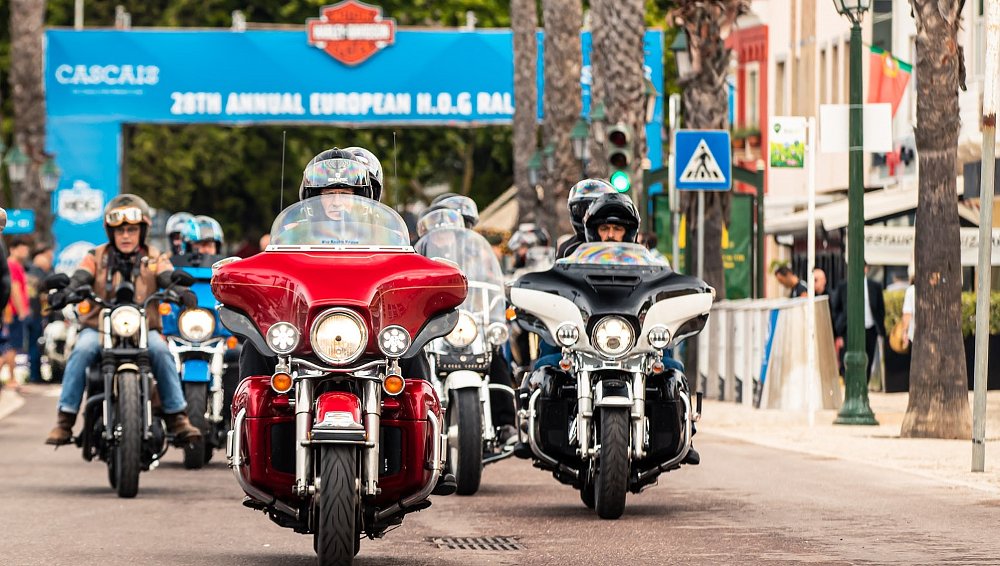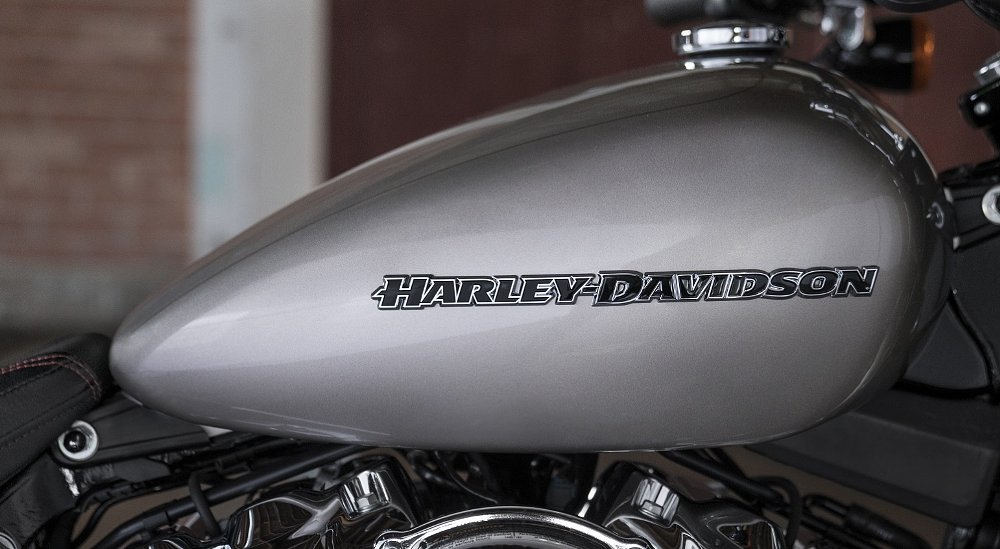Harley-Davidson is one of the U.S. companies that are the big beneficiaries of an agreement reached this weekend between the European Union and the Biden administration in the United States to end a tariff dispute dating back several years.
It all started with steel and aluminum. The Trump administration slapped tariffs on those European imports and Europe retaliated with punitive tariffs on a range of goods, from bourbon whiskey to U.S.-made motorcycles, that seemed chosen mostly for symbolism (they were very "American"). As we reported earlier, Harley-Davidson got around the tariff for a while by building Harleys for the European market in the company's Thailand factory, but Europe had threatened to increase the tariffs to a total of 56 percent and apply them to all Harleys, regardless of where they were built, beginning December 1. The agreement reached this weekend prevents that from happening.
While the EU tariff applied to all U.S.-made motorcycles, only Harley-Davidson was seriously affected. The number of Indian motorcycles sold in Europe accounts for a much smaller percentage of parent company Polaris' overall business. For Harley-Davidson, despite retreating from many overseas markets as part of the "Hardwire" strategic plan, sales in the EMEA (Europe, Middle East, Africa) region still account for almost 20 percent of the company's motorcycle sales, second only to the North America region. Harley-Davidson had predicted an annual financial impact of $200 million to $225 million if the full tariffs had taken effect.
Harley-Davidson issued a statement thanking U.S. officials for ending the dispute.
"Today's news is a big win for Harley-Davidson and our customers, employees and dealers in Europe," said Harley-Davidson CEO Jochen Zeitz. "We are excited that this brings an end to a conflict that was not of our making, and in which Harley-Davidson had no place."
Harley-Davidson's stock price jumped as much as eight percent this morning in trading following the news.







